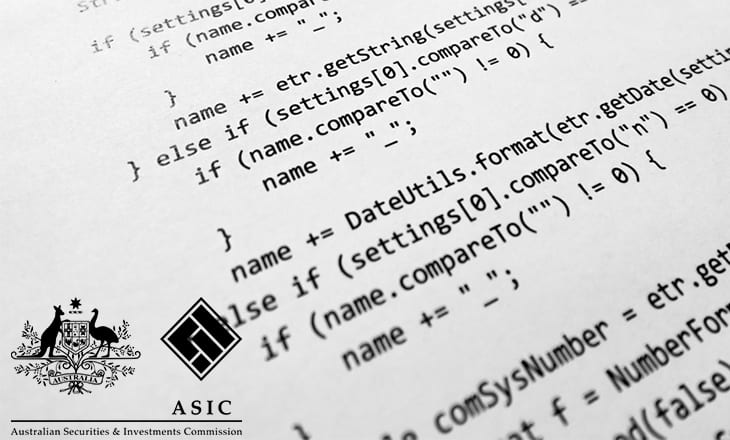ASIC has provided relief for members of the Financial Planning Association of Australia (FPA) who subscribe to the FPA Professional Ongoing Fees Code (the FPA Code) from compliance with the opt-in requirement.
The relief is faciltated by ASIC’s approval of the FPA Code.
The opt-in requirement was introduced as part of the Future of Financial Advice (FoFA) reforms and requires an Australian financial services (AFS) licensee or authorised representative who receives fees under an ongoing fee arrangement to provide personal financial product advice, to give the client a written renewal notice every two years which requires the client to opt-in to renew that fee arrangement.
The Corporations Act allows ASIC to exempt a person or class of persons from the opt-in requirement provided it is satisfied that those persons are bound by an ASIC-approved code of conduct that removes the need for persons bound by the code to be bound by the opt-in requirement.
The FPA Professional Ongoing Fees Code is a code approved by ASIC for the sole purpose of seeking relief from the opt-in requirement. Advisers who subscribe to the FPA Code get relief if they meet certain requirements when entering into ongoing fee arrangements, delivering services under an ongoing fee arrangement and renewing the arrangement. Advisers must still renew ongoing fee arrangements but are given flexibility to agree a renewal interval with the client provided the interval is not more than three years.
This is the first time ASIC has used its power to approve a code, limited or otherwise.
A crucial part of the FPA Code is that the FPA will meet and maintain certain minimum Code governance requirements. In particular, the FPA has implemented processes to ensure that subscribers do comply with the FPA Code. Sanctions will apply for non-compliance, including termination of subscription to the Code and the FPA member no longer having relief from the opt-in requirement.
ASIC has the power to revoke its approval of a code where it is satisfied that the code no longer meets the requirements.
